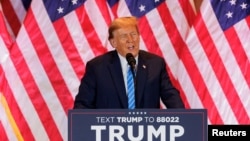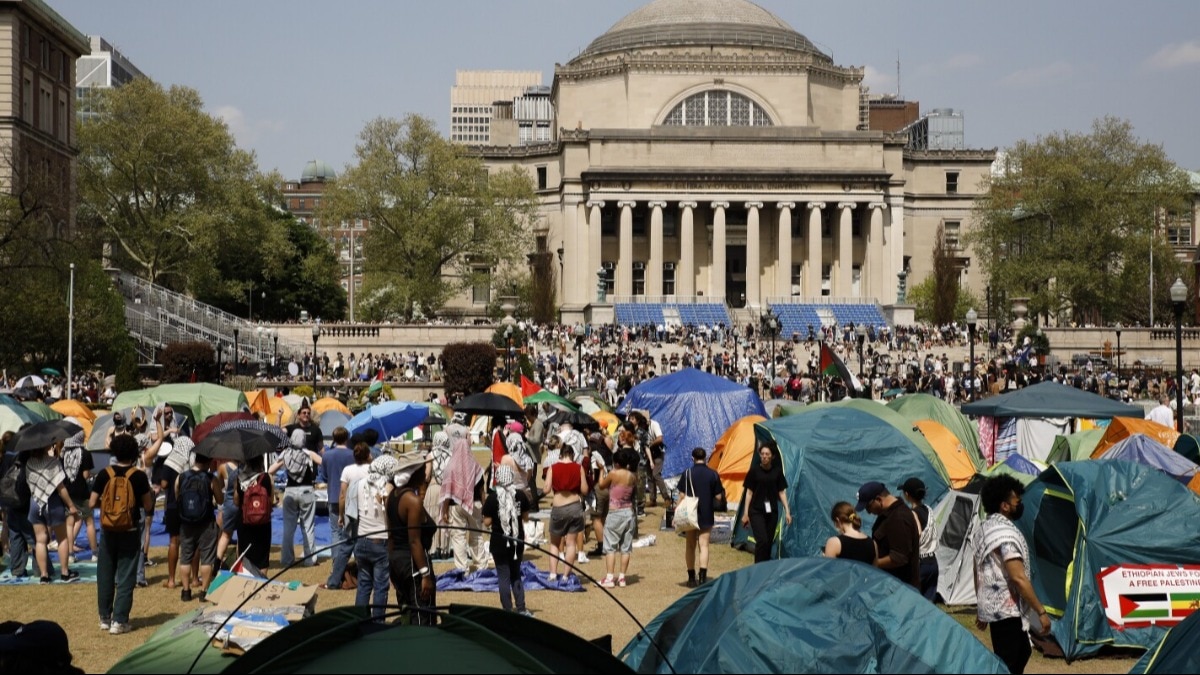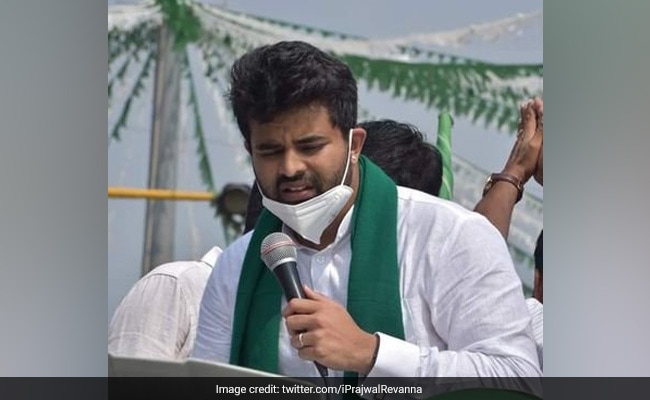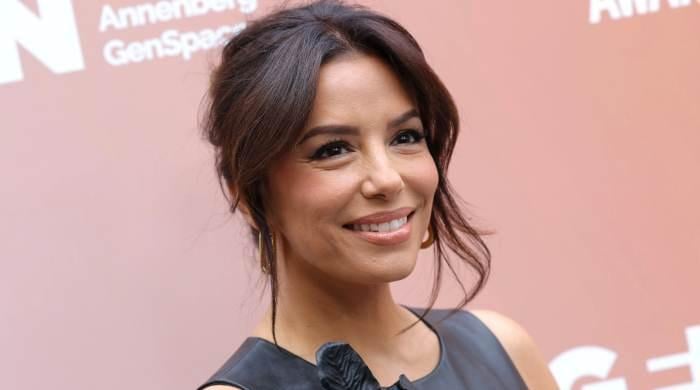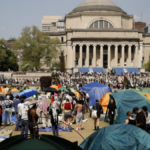Former President Donald Trump said on Monday that he still believes TikTok poses a national security risk but opposes banning the popular app because doing so would help rival Facebook, which he continued to lambast in 2020 Lost the election.
Trump was asked during a phone interview on CNBC’s “Squawk Box” about his comments last week that appeared to oppose a bill in Congress that would effectively ban TikTok and other Bytedance apps from Apple and Google Play Store as well as US web hosting services.
“Frankly, a lot of people on TikTok love it. A lot of little kids on TikTok would go crazy if they didn’t have it,” Trump told the host. “TikTok has a lot of good things and a lot of bad things. But what I don’t like is Yes, Facebook would be bigger without TikTok, and I think Facebook is the enemy of the people, and a lot of the media.”
“When I look at this, I’m not looking to double the size of Facebook,” he added. “I think Facebook is very bad for our country, especially when it comes to elections.”
Trump has repeatedly complained about Facebook’s role in the 2020 election, but he still refuses to acknowledge his loss to President Joe Biden. That includes at least $400 million in donations from its founder, Mark Zuckerberg, and his wife to two nonprofits that are distributing grants to state and local governments to help them during COVID-19. 19 The 2020 election was held at the height of the pandemic.
The donations, which are fully allowed under campaign finance laws, cover expenses such as equipment to process mail-in ballots and drive-thru voting locations.
Video-sharing app TikTok has become a major issue in the 2024 presidential campaign. The platform has about 170 million users in the United States, the majority of whom are young people — a group both parties are desperately trying to woo ahead of the November election. It’s especially difficult for campaigns to reach young voters as they move away from traditional platforms like cable TV.
Biden’s 2024 campaign officially joined TikTok last month even as he expressed his own national security concerns about the platform, banned it from federal devices and on Friday backed legislation that could lead to its ban.
The bill, which the U.S. House of Representatives Energy and Commerce Committee unanimously passed, calls on China’s ByteDance to divest its ownership of TikTok or face a U.S. ban. Top Republicans, including House Speaker Mike Johnson, support the bill. Johnson said a full House vote would come soon.
As president, Trump sought to ban TikTok through an executive order, saying “the spread of mobile applications developed and owned by companies in the People’s Republic of China (China) in the United States” posed a “threat to national security, foreign policy, and national interests.” American economy. ” However, after TikTok filed a lawsuit, a court blocked the action, arguing that such action would violate free speech and due process rights.
Asked whether he still believed the app posed a national security risk, Trump said Monday: “I do. We have to look deeply at privacy issues and make sure we protect the privacy and data rights of the American people.”
“But,” he continued, “Facebook and many other companies have this problem as well.” He charged that some American companies “are not very American. They do business in China. If China wants something from them, they Yes. So it’s also a national security risk.”
Biden banned nearly 4 million federal government employees from using TikTok in 2022 on devices owned by their agencies, except for law enforcement, national security and security research purposes.
He also recently signed an executive order allowing the Justice Department and other federal agencies to take steps to prevent large-scale transfers of Americans’ personal data to what the White House calls “countries of concern,” including China.
The FBI and Federal Communications Commission have both warned that TikTok owner ByteDance may share user data such as browsing history, location and biometric identifiers with China’s authoritarian government. TikTok said it has never done so and would not do so if asked. The U.S. government has also provided no evidence that this occurred.
Trump first expressed support for the app last week in a post on his Truth Social website. “Getting rid of TikTok would double Facebook and Zuckerschmuck’s business. I don’t want Facebook, which cheated in the last election, to do any better,” he wrote. “They are the real enemies of the people!”
Trump said in the interview that he had not discussed the company with TikTok investor and major Republican donor Jeff Yass. Trump said the two met “very briefly” recently, but Yas “never mentioned TikTok.”
Trump also confirmed that he met last week with Elon Musk, the billionaire CEO of Tesla and SpaceX, who has become increasingly aligned with conservative politics. Trump said he didn’t know whether Musk would ultimately support his campaign, noting that they “apparently have opposing views on a little topic called electric vehicles,” which Trump objects to.
Follow us on Google news ,Twitter , and Join Whatsapp Group of thelocalreport.in
